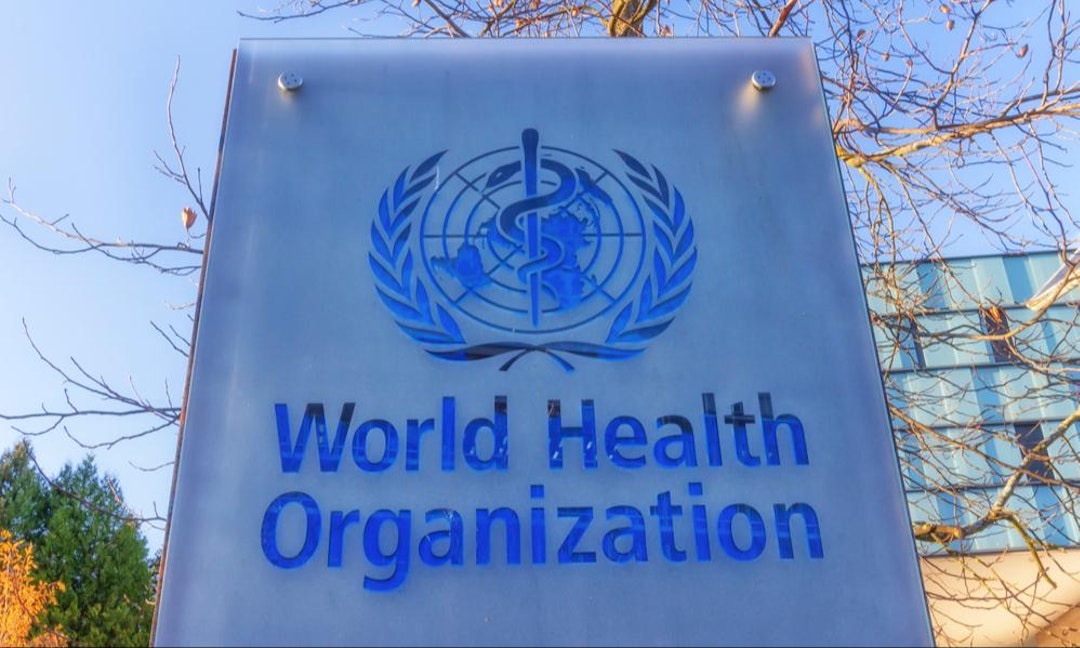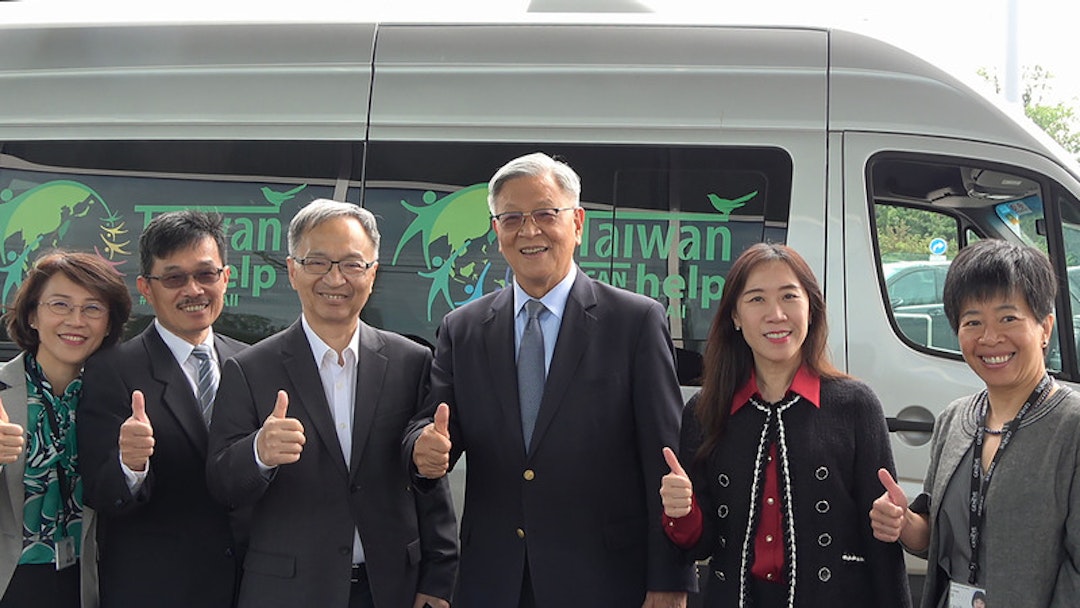
In Geneva, two Taiwanese reporters from the Central News Agency (CNA) were denied press passes for the World Health Assembly (WHA) as they entered the venue. A United Nations staff member cited Chinese pressure for the decision.
The staff member told the reporters that “the World Health Organization no longer recognizes Taiwanese passports” and demanded they present a Chinese passport or a copy of Mainland Travel Permit for Taiwan Residents, a special document issued by Beijing to Taiwanese citizens traveling to China (commonly known as Taibaozheng), for entry.
In a statement, the Ministry of Foreign Affairs called this incident “a serious violation of a universal human right and the principle of justice for all that the UN aims to embody.”
Taiwan hasn’t been invited to attend the annual WHA meeting since 2017, but Hsueh Jui-yuan, Minister of Health and Welfare, has led a mission to Switzerland “to faithfully convey the will of Taiwanese to participate in international organizations.”
In a press briefing today, Li Guande, Deputy Director-General of the Department of International Organizations at the Ministry of Foreign Affairs, said the government had lodged a protest and expressed their dissatisfaction with the WHO.
“In recent years, under the pressure exerted by China within the UN system, there has been a concerted effort in preventing Taiwanese people from entering UN buildings. It’s not just reporters who are unable to conduct interviews. Ordinary citizens are also unable to participate in UN conferences and activities or even visit UN premises,” he said.
With the Mainland Travel Permit for Taiwan Residents, Taiwanese citizens used to be allowed to enter UN premises, but since 2018, the permit is no longer a valid document to request a visit.
Regarding China’s oppression, Li said besides continuous negotiations with UN entities, the foreign ministry will be “in communication with diplomatic allies and friendly countries, urging them to join us in calling for swift improvements.”
Li noted that the Resolution 2758 of the UN General Assembly and Resolution 25.1 created a “fundamental obstacle” to Taiwan’s participation in the WHA. But “the Director-General of the WHO has the right to directly invite Taiwan to participate in the WHA.”

Four days into the meeting, representatives from Taiwan’s four diplomatic allies — Belize, Nauru, Eswatini, and the Marshall Islands — jointly supported a proposal for a debate between Taiwan and China and its allies. Guatemala also spoke up for Taiwan during the General Debate on Monday, affirming Taiwan’s role as an important partner and its contributions to public health.
Australia, the Czech Republic, Canada, France, Japan, the United Kingdom, and the United States called for Taiwan’s inclusion in the Global Health Network and urged that Taiwan should be invited as an observer to the WHA.
But on Monday, China exercised its right of reply and criticized those countries for violating relevant UN resolutions and the “One China Principle.” Chinese representatives claimed that under China’s arrangement, Taiwan can exchange information with the WHO in a timely manner to respond to public health emergencies.
The U.S. refuted China’s statement and reiterated its long-standing policy in firmly supporting Taiwan’s meaningful participation in international organizations such as the WHO.
Jim Risch, ranking member of the U.S. Senate Foreign Relations Committee, said in a tweet that “[i]t is outrageous that the #WHO excluded #Taiwan from its annual meeting due to #China’s opposition. Taiwan is a key partner in promoting global health and should be included in these discussions.”
Representative John Curtis said U.S. Congress is acting to address China’s influence in international organizations.
“Last Wednesday, the House Foreign Affairs Committee passed my bill, the Taiwan International Solidarity Act, unanimously. It combats China’s attempts to claim sovereignty over Taiwan in international organizations.”
Li Guande of Taiwan’s foreign ministry expressed optimism about the effect of the bill. “If it can be passed in the House of Representatives and take effect as a law, it would have positive benefits for Taiwan’s international participation in the future.”
Some information for this story came from The News Lens Chinese edition.
READ NEXT: Survey: Over 60% Of Taiwanese Support Same-Sex Marriage
TNL Editor: Bryan Chou (@thenewslensintl)
If you enjoyed this article and want to receive more story updates in your news feed, please be sure to follow our Facebook.







